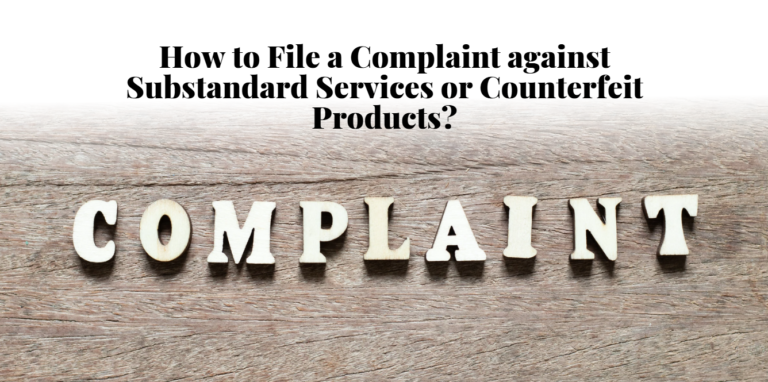Introduction
Remittances are of crucial significance in the economy of Bangladesh and are primarily accountable for improving foreign exchange reserves. Expatriates working abroad send remittances to their native countries and support families while affecting economic growth. The government, in order to monitor remittances, has suggested numerous taxation regimes and legislations. The article discusses remittance tax in BD, remittance-based taxation, laws, and incentive regimes existing for remitting from abroad to Bangladesh and compliance with respective Bangladesh legislations and statutes.

Tax Consequences on Remittances
Income Tax Ordinance, 1984, stipulates that remittances from non-resident Bangladeshis (NRBs) are not liable to income tax. Remittance tax in BD is not applicable to foreign remittances sent by expatriates. Foreign remittances are preferred by the government because they ensure economic stability. However, expatriates must be aware of crucial tax-related aspects surrounding remittance tax in BD.
Remittances sent through legal banking channels are entirely tax-free under remittance tax in BD provisions. However, if the money received is later invested in Bangladesh, tax authorities may inquire about the source of funds under the Money Laundering Prevention Act, 2012. Additionally, financial institutions or exchange houses that facilitate remittance transfers must comply with corporate tax regulations as per the Finance Act, 2023. These institutions must ensure that their remittance tax in BD responsibilities are properly managed.
Legal Framework for Remittances
Bangladesh has established multiple laws to ensure that remittance transactions are secure and efficient, while adhering to remittance tax in BD guidelines. These include:
- The Foreign Exchange Regulation Act, 1947, which regulates foreign exchange transactions and ensures remittances are conducted through authorized channels, impacting remittance tax in BD.
- The Money Laundering Prevention Act, 2012, prevents illegal money transfers and mandates that remittances be sent via proper financial institutions while ensuring compliance with remittance tax in BD laws.
- The Anti-Terrorism Act, 2009, ensures that remittances are not used for financing terrorism or illegal activities, helping uphold proper remittance tax practices.
- Furthermore, the Banking Companies Act, 1991, governs the operations of financial institutions handling remittances and ensures they follow the legal framework of remittance tax .
Remittance Incentives for Legal Sending
The government of Bangladesh offers a number of incentives to encourage legal remittance sending, including provisions related to remittance tax.
A 2.5% cash incentive is available on remittances received through authorized channels. Expatriate remitted money is also exempt from tax under the Investment Promotion Act, 2017, thus benefiting from remittance tax in BD exemptions. Moreover, payments through banks and financial institutions are speedily and securely done at minimal service charges ensuring transparency and compliance with remittance tax in BD rules.
Consequences of Illegal Remittance Transactions
Remitting money through hundi or any other illegal process can result in catastrophic outcomes, especially when the remittance tax in BD laws are violated. Illegal money transfer under the Money Laundering Prevention Act, 2012, can lead to penalties and fines. Money being transferred by illegal means stands the risk of seizure by the government authorities. Such persons risk being blacklisted, their travels are banned, or even prosecution under the Anti-Terrorism Act, 2009, which would have severe consequences under remittance tax laws.
How to Send Remittances Legally
In order to avoid legal problems and hassle-free transactions, expatriates should always use approved exchange houses and banks that are authorized by Bangladesh Bank and comply with remittance tax in BD regulations. It is also wise to keep transaction records handy for future purposes. Expatriates should check the exchange rate and fees prior to sending money so that they get the best possible value while following the proper remittance tax in BD guidelines. Expatriates also have to be careful of dishonest money transfer operators who offer very high rates of exchange but do not have a license and may not comply with remittance tax in BD regulations.

Conclusion
It is highly essential for expatriates and their families in Bangladesh to know the legal and taxation aspects of remittances, including remittance tax in BD. Tax incentives and exemptions have been offered by the government to encourage the use of legal channels for remittances. Non-compliance with remittance tax in BD regulations can result in severe legal consequences. Expatriates, by following the proper legal channels and using authorized financial institutions, can make Bangladesh prosper economically while ensuring the security of their hard-earned money, all while staying compliant with remittance tax in BD provisions.












